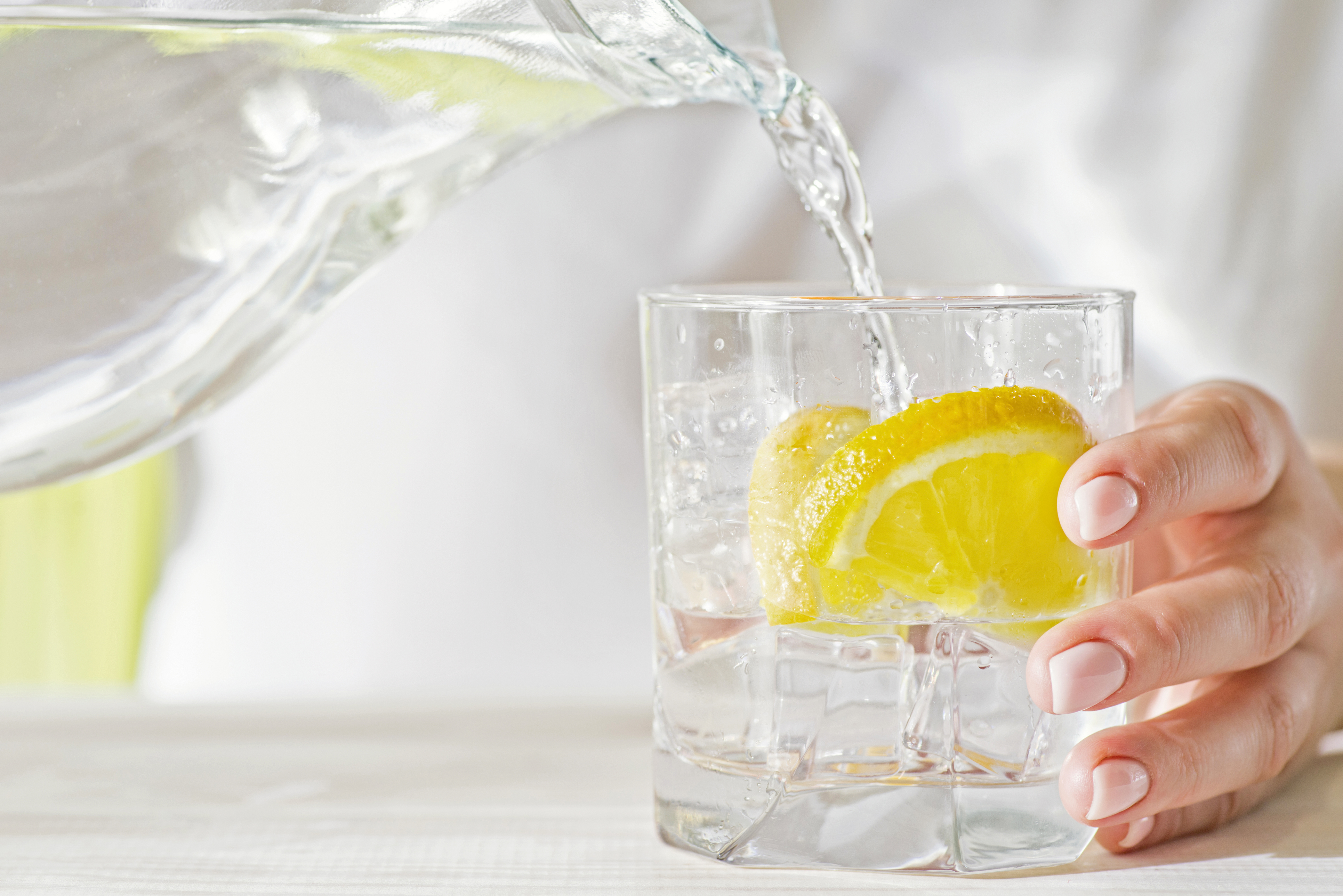The Centers for Advanced Orthopaedics is redefining the way musculoskeletal care is delivered across the region with locations throughout Maryland, DC, Virginia and Pennsylvania.
Hydration and Physical Activity
 Now that we are into the summer months, and the temperatures are rising, it is very important to stay hydrated. Our body needs water to survive and to function correctly. We use water to regulate temperature, lubricate joints, and transport nutrients that help give us energy especially when we exercise. During one hour of exercise we can lose up to one quart of water. Water loss can increase with higher temperatures, humidity, and level of physical activity. After periods of physical exertion, voluntary fluid intake may be inadequate to offset fluid deficits. Thus, mild-to-moderate dehydration can persist for some hours after the conclusion of physical activity.
Now that we are into the summer months, and the temperatures are rising, it is very important to stay hydrated. Our body needs water to survive and to function correctly. We use water to regulate temperature, lubricate joints, and transport nutrients that help give us energy especially when we exercise. During one hour of exercise we can lose up to one quart of water. Water loss can increase with higher temperatures, humidity, and level of physical activity. After periods of physical exertion, voluntary fluid intake may be inadequate to offset fluid deficits. Thus, mild-to-moderate dehydration can persist for some hours after the conclusion of physical activity.
It is important that we replenish what we lose so we can perform at our optimal level. Staying hydrated doesn’t start after exercise, it starts before. The American Council on Exercise recommends you start hydrating 24 hours prior to heavy exercise so your body can keep up with the increased demand to avoid dehydration. Some signs of dehydration include headache, dry mouth, dizziness, muscle cramps, nausea/vomiting, increased heart rate and dark amber colored urine. If you stay dehydrated into your next few workouts, the effects of dehydration accumulate and can be more severe and longer lasting, which can lead to kidney failure, seizures and irregular heart rhythm.
How much water do we need to stay hydrated? Everyone is slightly different but in general the American Council on Exercise recommends the following:
- Drink 17-20 ounces of water two to three hours before the start of exercise.
- Drink 8 ounces of fluid 20 to 30 minutes prior to exercise or during warm-up.
- Drink 7-10 ounces of fluid every 10 to 20 minutes during exercise.
- Drink an additional 8 ounces of fluid within 30 minutes after exercise.
- Drink 16-24 ounces of fluid for every pound of body weight lost after exercise.
The loss of electrolytes also occurs with high intensity exercise and sweating. Electrolytes such as sodium, chloride, potassium and calcium work to maintain our body’s pH balance, blood pressure, and support muscle and nerve function. After exercise you may want to choose an electrolyte sports drink to help rehydrate. However, be cautious as many sports drinks are high in sugar, and are better if diluted with water. You can also choose snacks after your workouts that can help replenish electrolytes. Salty snacks such as pretzels and chips are a good choice because your body loses sodium faster than other electrolytes. Peanut butter, tomato juice, pickles, nuts, yogurt and even chocolate milk are all great options to help you recover from a hard workout.
Understanding the importance of hydration and following these simple steps will help your body perform and recover at its highest level. As we continue into this warm summer, don’t forget to grab your bottle of water!